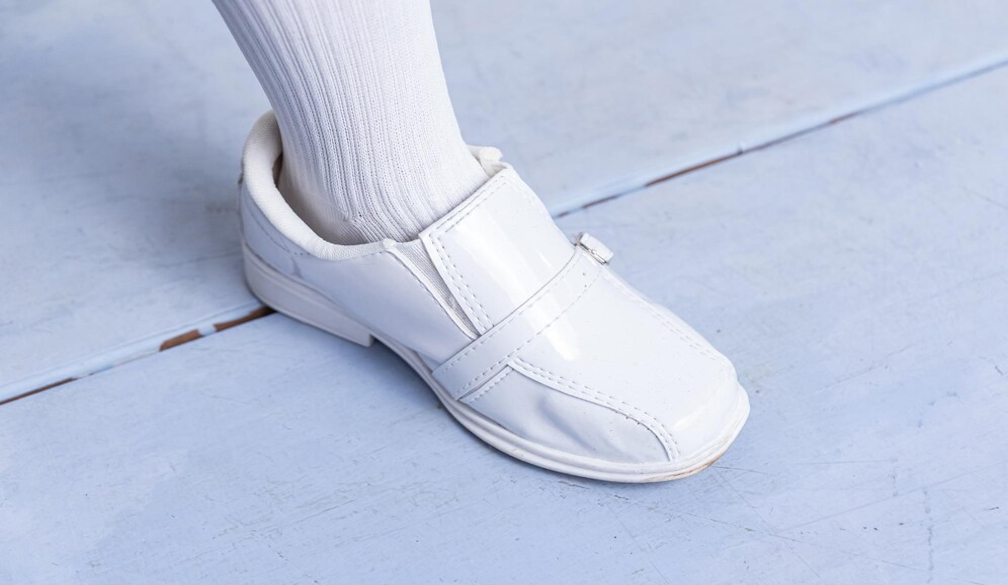why NZ’s small businesses may be in worse shape than in 2008
- Written by Antje Fiedler, Senior Lecturer, Management and International Business, University of Auckland, Waipapa Taumata Rau
With rising costs and drops in consumer spending, small businesses have been struggling lately.
Continuous economic pressure is causing significant stress and burnout among small business owners, while confidence continues to decline.
Data from the Ministry of Business, Innovation and Employment show company liquidations are up 40% in the first eight months of 2024 compared to 2023. Construction, retail and hospitality have been hit hard due to rising costs and declining spending.
The economic climate has been compared with the aftermath of the 2008 global financial crisis (GFC). But this time, the pain for small and medium-sized businesses could end up being worse.
New Zealand in the 2008 crisis
The GFC, rooted in excessive risk taking in credit markets in the United States, Ireland and elsewhere, was one of the most severe economic shocks in the postwar era.
Globally, central banks quickly lowered interest rates to encourage lending. By cutting interest rates governments were encouraging consumers to spend their way out of the crisis.
New Zealand’s official cash rate fell sharply from 8.25% in July 2008 to 2.5% by May 2009. Falling interest rates benefited many mortgage holders.
The government also moved forward capital spending, encouraged investment and provided support for small business.
At the same time, China had a growth spurt and developed an appetite for New Zealand’s agricultural exports. Trade between the two countries nearly tripled between 2007 and 2016.
These conditions placed our per-capita gross domestic product performance among the best in the OECD. In the current crisis, we are among the worst.
Holding the belt tight
This time is different. New Zealand is trying to save its way out of economic trouble. High inflation, and subsequently higher interest rates, have forced many New Zealanders to tighten their belts.
According to one survey, Australian and New Zealand consumers have reduced their spending at small and medium-sized businesses by 60% – the highest among all polled regions.
The government has also dramatically cut back on spending and made thousands of public service workers redundant. More cuts might be on the horizon to allow for inflation-neutral tax relief.
While all small businesses are facing the same storm, they are not in the same boat.
Some, such as technology companies, or those in specific locations, such as construction firms in Southland, have continued to experience demand. There have also been consumption shifts from city centres to suburbs, malls and online.
For others, however, the cost-of-living crunch has forced their customers to repair rather than replace, have a take-out meal instead of eating in a restaurant, and to hunt for online deals, ditch the gym or do more DIY.
In fact, credit bureau Centrix showed that 461,000 New Zealand consumers are now behind on repayments. Consumer cost-saving measures have hit many retailers and small service businesses alike.
International visitors, who tend to spend in these categories, are also still below pre-COVID levels. Customer spending is tight.
Small business are in a “cost of doing business” crisis. Costs have increased rapidly. Wages, materials, rent and the cost of capital have gone up. Compliance costs and lack of infrastructure further stretch business budgets.
But passing on the increase to customers is often impossible, given the reduction in shrinking discretionary spending power. In short, reduced spending power and rising costs mean, for many small firms, the candle is burning at both ends.
Too costly to close
The severity of the situation is unlikely to be fully represented in business closure statistics. Small businesses are doing everything to hang on. People are working longer hours and cutting back on the money they take out of the business to manage cash flow.
Exiting is also difficult in a tight labour market – in part because there are fewer positions available to the rising number of job seekers.
Business loans tend to be secured against the family home or through a personal guarantee, which mean business liquidations are a worst-case scenario and relatively rare.
Instead, small businesses do everything to extend the runway to avoid legal liquidation. They tend to close quietly if they run out of options.
But rising interest rates have increased exposure. And with falling house values, small businesses have fewer opportunities to tap into the family home for additional funding.
These processes worked in the opposite direction during the 2008 crisis, where initially shrinking demand was met with a declining cost of borrowing. Bluntly put, gas was added to the tank.
Interest rates to the rescue?
There is hope. The recent drop in interest rates has lifted the economic mood, with business confidence reaching a ten-year high in September.
In the lead-up to her “no-frills” budget, Finance Minister Nicola Willis warned of a difficult period before the economic situation lifted.
Global drops in interest rates mean Willis’ predicted lift has begun – but the outcome is not guaranteed.
Consumers have been pessimistic about the New Zealand economy for more than two years, which is a stark contrast to the GFC, where their confidence rebounded quickly.
Demand from China, a key market for New Zealand, is facing its own economic challenges.
The government narrative shapes conditions for the economy. Yes, we need to “face the books”, but this needs to be balanced with encouraging small businesses and innovation.
Like other small economies, New Zealand needs a sustained commitment to infrastructure and exporting, and investment in science and innovation to support the small business sector.
The government needs to provide small businesses with the confidence to flourish – and to prevent the long squeeze from the economic downturn.
Authors: Antje Fiedler, Senior Lecturer, Management and International Business, University of Auckland, Waipapa Taumata Rau



















